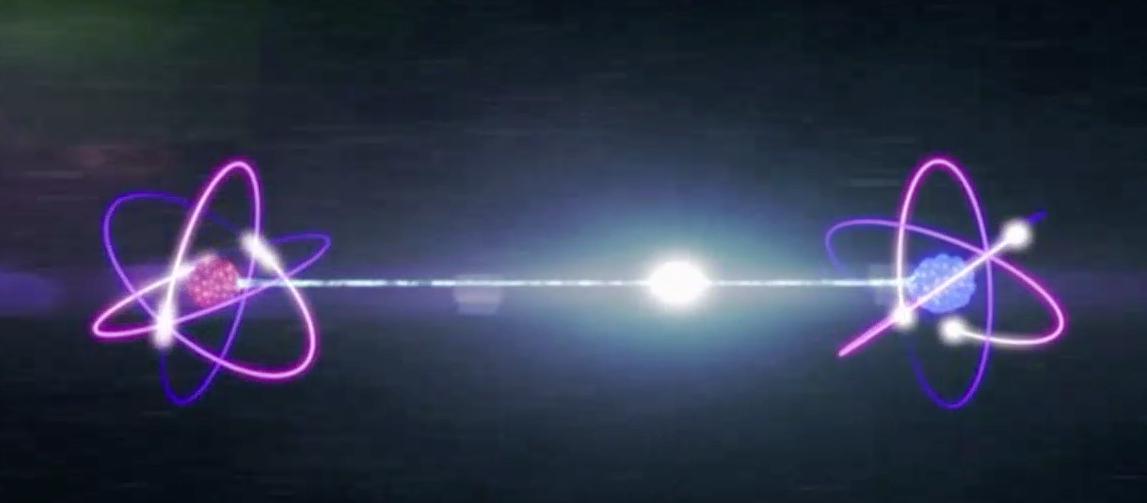
The tractor beam is a staple piece of science fiction stories like Star Wars and Star Trek. Australian researchers came up with a real-life energy trap that can grab objects as small and light as an atom and pull that captured object toward it.
Powered by infrared light, the newly developed tractor beam device promises to enable advances in quantum technology and related electronics. It can be used to improve sensor systems and increase the security of communications networks.
The tractor beam was developed by a research team from the University of Adelaide (Adelaide). They also refer to it as a light-driven energy trap.
Its bigger fictional counterparts can take hold of a spaceship and drag the object toward the generator. The Adelaide-created tractor beam, on the other hand, is only capable of grabbing atoms. It will pull the captured atoms into a tiny hole at the middle of a unique optical fiber.
The Adelaide researchers declared their invention is the most efficient "waveguide trap" ever built. They published the results of their experiment in the science journal Physical Review Applied. (Related: Sci-fi sound wave device makes Star Trek style tractor beams out of powerful mini-tornadoes that can manipulate large objects.)
Real-life tractor beam captures atoms using infrared light
Australian researcher Ashby Hilton explained the visual difference between the fictional tractor beam generator and their energy trap. A tractor beam is a colorful beam that lights up the screen whenever it is active.
In contrast, the real life equivalent uses infrared energy that is invisible to the naked eye. The waveguide trap takes advantage of the interplay between infrared light and atoms, where the latter will transfer themselves to the region of the beam with the highest intensity.
The Adelaide experiment used an airtight chamber that barely contains any gas. What few atoms are present float around the empty space. The entire set-up is similar to the vacuum conditions found in space.
When activated, the energy trap fires an infrared beam into the chamber at an optical fiber. Any atom that passes through the tractor is immediately sucked into the opening of the fiber.
Any atom trapped inside the optical fiber will remain there for a considerable amount of time. Hilton remarked that the Adelaide team can adjust the intensity of the infrared light beam so that the energy trap can control the movement of any atom.
Prototype waveguide trap can enable quantum communications and sensors
Hilton's team leader, the auspiciously named Dr. Philip Light, added that their new invention could be of great use in quantum experiments. The tractor beam can be used to trap atoms for experiments.
"Our first experiments intend to use these stored atoms as elements of a quantum memory," explained Light. "We hope that our work may eventually form part of absolutely secure communications channel that is of obvious high interest to defence, intelligence and industry."
The next step for the Adelaide research team is to change the shape of the infrared light from a beam to a hollow cone. The new shape will trap the atoms in the middle of the cone.
In addition to moving and controlling the captured atoms, the cone will be able to screen out other forms of light that would also affect the atoms. It could act as a quantum funnel for atoms in the quantum state.
Quantum atoms are easily disrupted by external interference such as bright light. A quantum funnel would ensure that these sensitive atoms maintain their quantum state.
In addition to enabling quantum communications, the tractor beam could capture individual atoms or molecules for intense study. Such a quantum sensor can provide very accurate readings.
Sources include:
Please contact us for more information.

















